 We live in an age in which modern medicine can do wonders for people suffering from various illnesses and conditions. These drugs are designed to provide patients with the ability to live healthy and fulfilling lives. However, there are always side effects to consider when taking any drug. Each patient should discuss these possibilities with their doctor and make an educated decision whether to take the drugs or not. Even after this “due diligence” there can still be unintended consequences from certain drugs. Through no fault of their own, after having weighed the decision and exploring all of their options, patients may find themselves in much worse condition than what they were in before taking the drug. In cases such as these, a good products liability attorney is essential to securing the relief you’re entitled to.
We live in an age in which modern medicine can do wonders for people suffering from various illnesses and conditions. These drugs are designed to provide patients with the ability to live healthy and fulfilling lives. However, there are always side effects to consider when taking any drug. Each patient should discuss these possibilities with their doctor and make an educated decision whether to take the drugs or not. Even after this “due diligence” there can still be unintended consequences from certain drugs. Through no fault of their own, after having weighed the decision and exploring all of their options, patients may find themselves in much worse condition than what they were in before taking the drug. In cases such as these, a good products liability attorney is essential to securing the relief you’re entitled to.
This particular case is set in Shreveport, Louisiana. GlaxoSmithKline (GSK), the defendant, is a drug company who manufactures and markets Paxil, a selective serotonin reuptake inhibitor, or SSRI, used to treat depression. The plaintiff, Cinda McLaughlin, began taking Paxil in 2003 for depression. In June of 2010, Cinda had two valves replaced in her heart. Her doctor alleged that her heart valves showed damage that was caused by exposure to increased levels of serotonin. Cinda took Paxil and its generic equivalent, Paroxetine, for years prior to her heart surgery. These were the only drugs that she took that could account for the higher serotonin levels.
Shortly after Cinda’s surgery, she met with an attorney to discuss her options. Her attorney then met with her doctor regarding product liability issues. The doctor said he had no knowledge that Paxil caused abnormalities of the valve, but he did not dismiss altogether that it was a possibility. Their meeting concluded with the doctor promising to document any evidence that could have shown Cinda’s drug induced valve failure.
 Louisiana Personal Injury Lawyer Blog
Louisiana Personal Injury Lawyer Blog


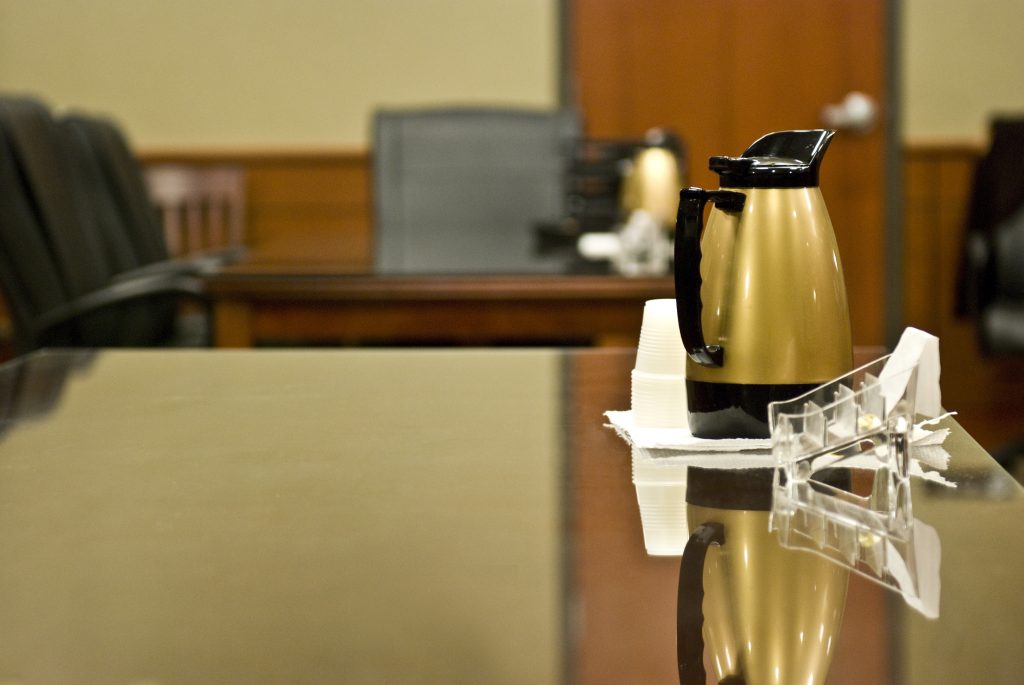 The right to jury trial is a fundamental part of our government, enshrined in its own amendment to the Constitution.
The right to jury trial is a fundamental part of our government, enshrined in its own amendment to the Constitution. 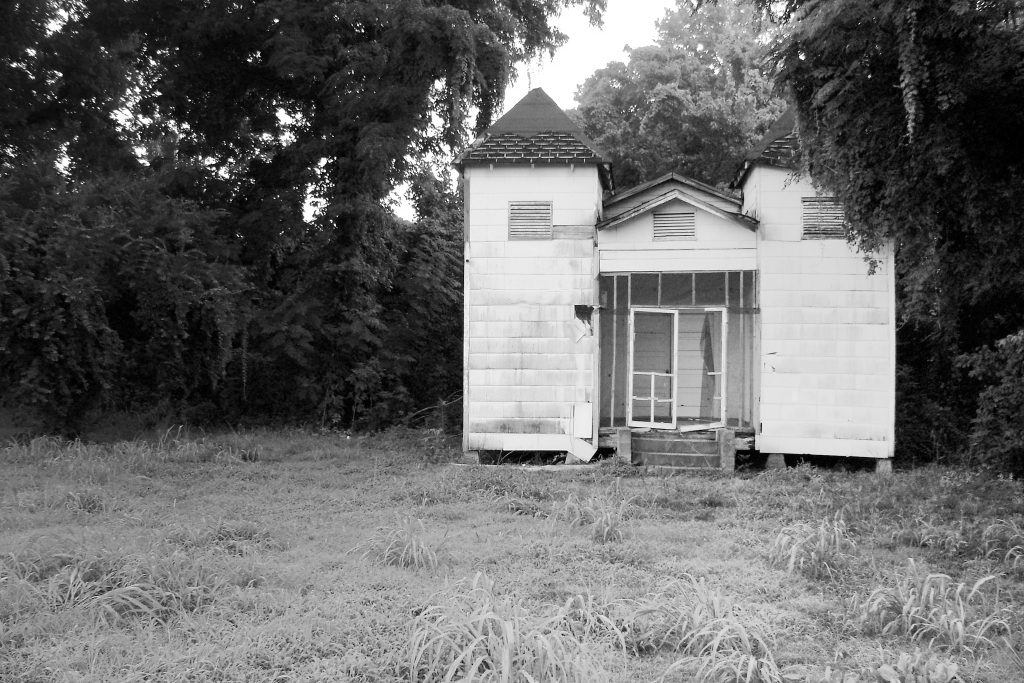 An appeal is the legal system’s way of letting the losing side have one, or two, additional chances at making their case before the final bell rings. The losing side can, and often does, argue for virtually every perceived problem or slight that occurred in the lower court proceedings. But, this is also why appeals are generally only available after the trial or lower court proceedings have ended. Of course, this being the law, there are exceptions to just about every rule. It is critical, however, to have an attorney who knows the rules and their exceptions so that they are then capable of making savvy choices on how and when to appeal.
An appeal is the legal system’s way of letting the losing side have one, or two, additional chances at making their case before the final bell rings. The losing side can, and often does, argue for virtually every perceived problem or slight that occurred in the lower court proceedings. But, this is also why appeals are generally only available after the trial or lower court proceedings have ended. Of course, this being the law, there are exceptions to just about every rule. It is critical, however, to have an attorney who knows the rules and their exceptions so that they are then capable of making savvy choices on how and when to appeal.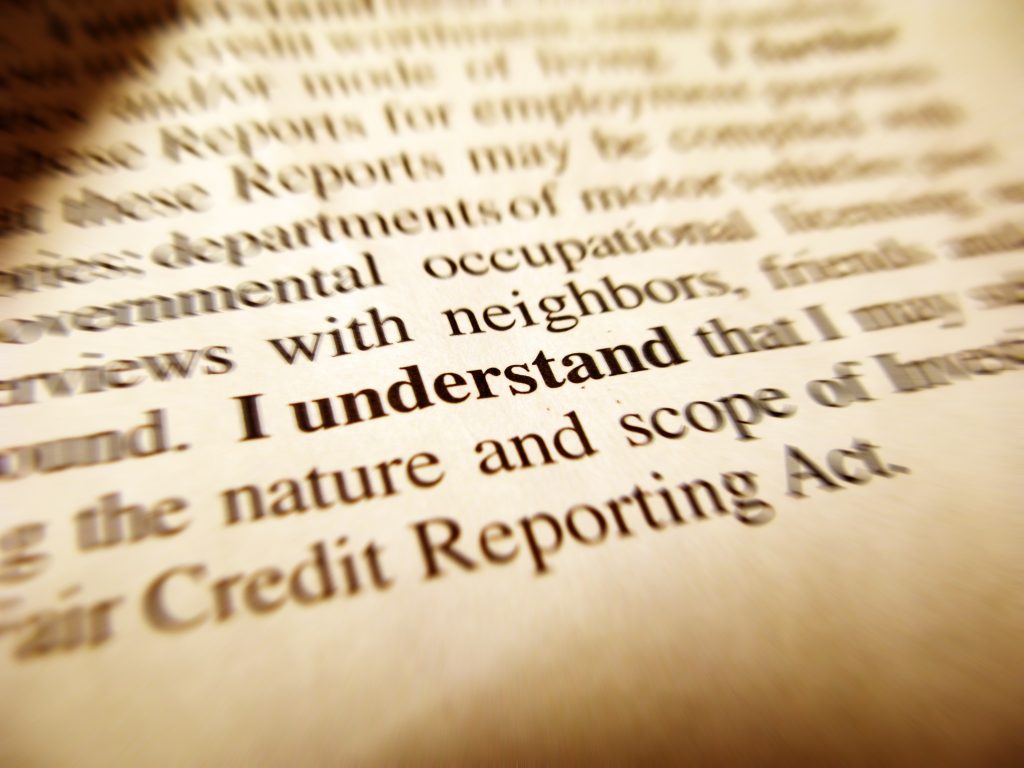 Louisiana is an “at-will” state when it comes to employment meaning when the employer and employee have not agreed to a limited term of employment, either the employee or the employer can break the relationship at any time without a reason. Term employment involves a stronger and a more defined agreement through a contract that is usually written, but that can also be established orally. An important part of such a contract defines the length of the employment – it can be, for example, for a given number of weeks, months, or years. In such employment, there must be a good reason for either side to terminate the relationship. Since there is a contract in this employment type, there are generally consequences for ending the relationship without a good reason.
Louisiana is an “at-will” state when it comes to employment meaning when the employer and employee have not agreed to a limited term of employment, either the employee or the employer can break the relationship at any time without a reason. Term employment involves a stronger and a more defined agreement through a contract that is usually written, but that can also be established orally. An important part of such a contract defines the length of the employment – it can be, for example, for a given number of weeks, months, or years. In such employment, there must be a good reason for either side to terminate the relationship. Since there is a contract in this employment type, there are generally consequences for ending the relationship without a good reason.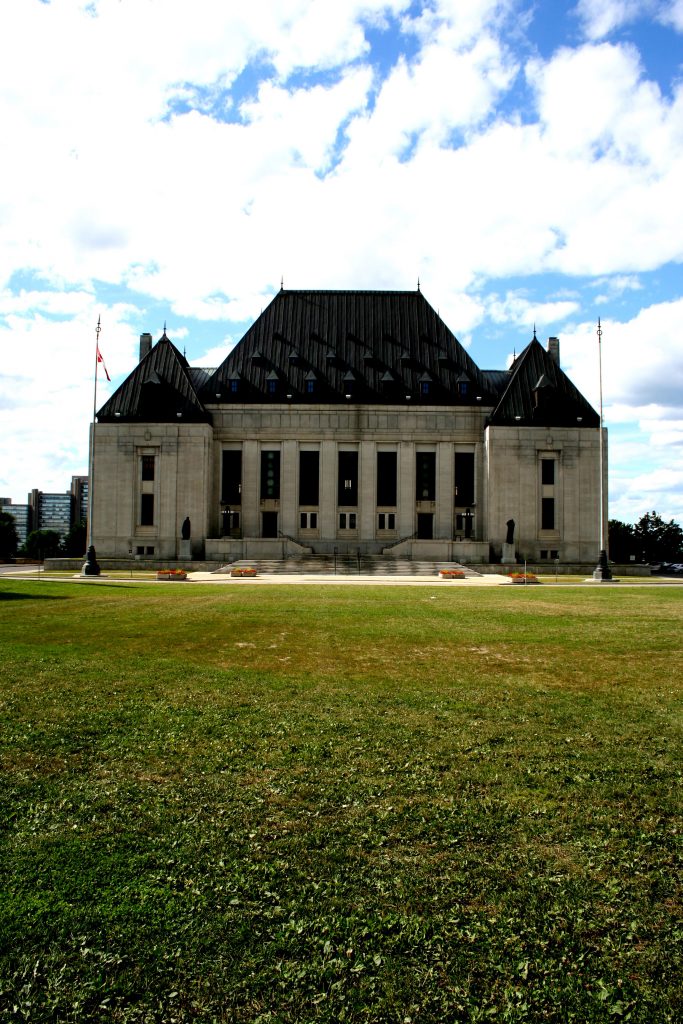 Litigation is very complicated, particularly amongst the weeds of appeals and motions. This is illustrated very well in a case out of the Louisiana state Fifth Circuit Court of Appeal. One of the most important things it teaches is that it is invaluable to have a knowledgeable attorney who is familiar with summary judgments and appeals so the correct motions and pleadings can be filed on behalf of the client.
Litigation is very complicated, particularly amongst the weeds of appeals and motions. This is illustrated very well in a case out of the Louisiana state Fifth Circuit Court of Appeal. One of the most important things it teaches is that it is invaluable to have a knowledgeable attorney who is familiar with summary judgments and appeals so the correct motions and pleadings can be filed on behalf of the client.  When bringing a case for damages for wrongful termination due to age discrimination, a former employee must demonstrate that despite their age (or other considerations), they are capable of performing the duties associated with the position from which they had been fired. Failure to do so may result in a dismissal of the lawsuit.
When bringing a case for damages for wrongful termination due to age discrimination, a former employee must demonstrate that despite their age (or other considerations), they are capable of performing the duties associated with the position from which they had been fired. Failure to do so may result in a dismissal of the lawsuit.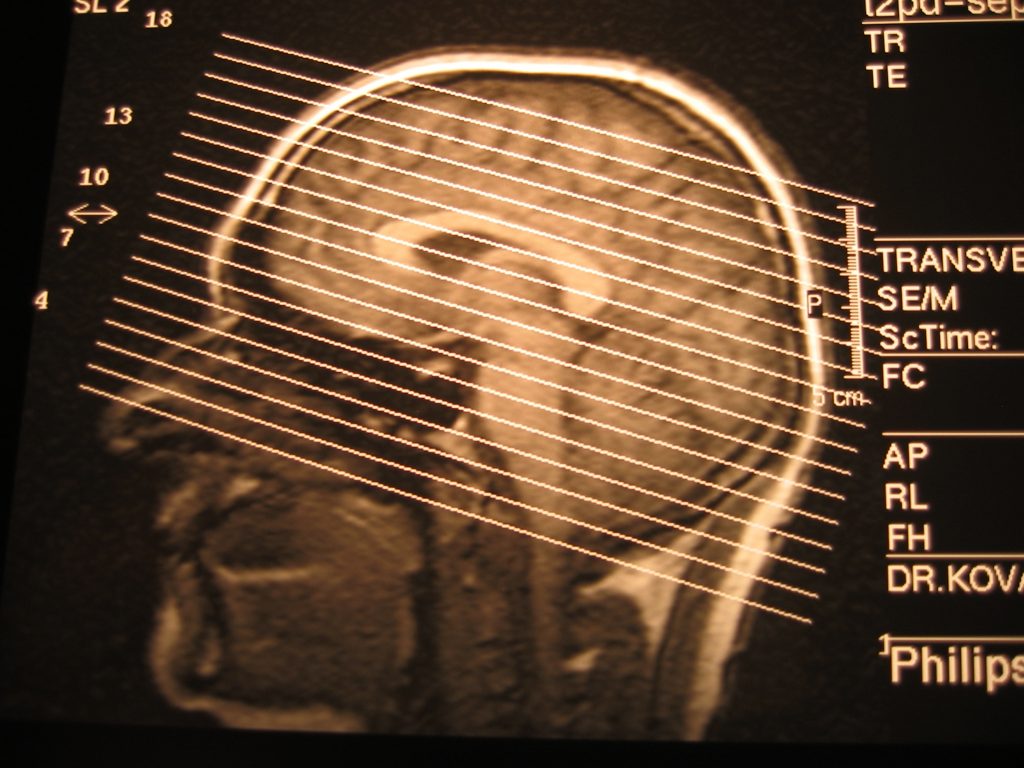
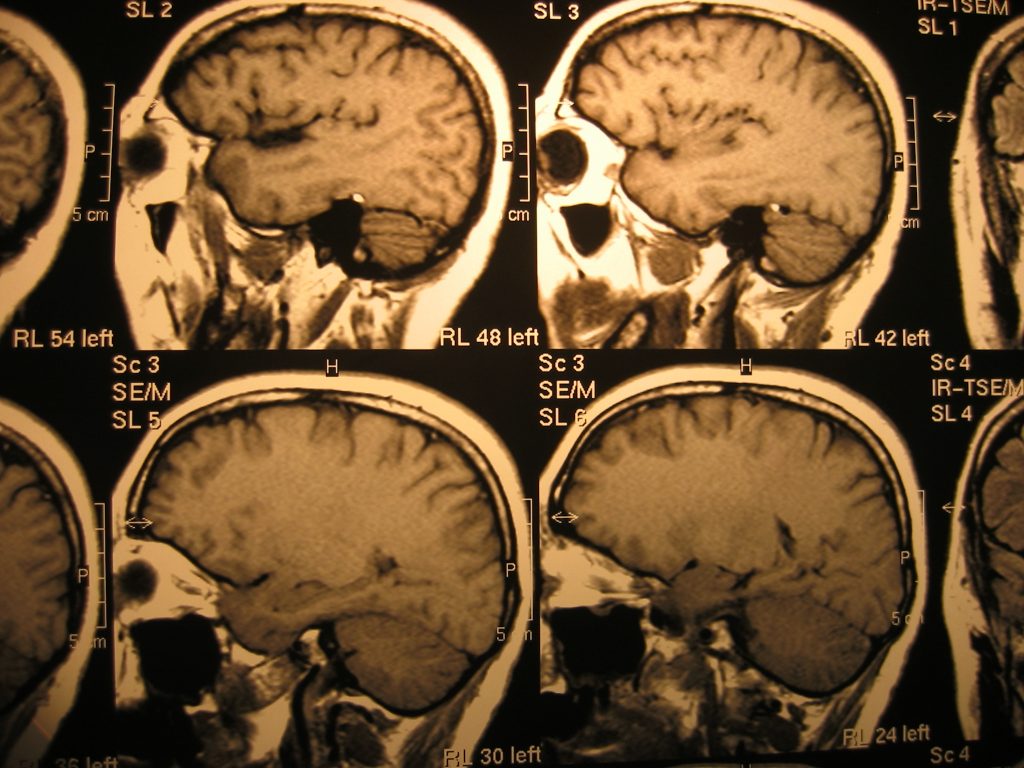 Often, when a person gets into an accident, they may not immediately feel the injury. In fact, after a slip and fall, car accident, or other personal injury, it may take a long time for a person to begin feeling the effects of the injury. As such, when an injured person brings a lawsuit alleging that another party caused the accident and the injury, it can be difficult to to prove those allegations, especially if a significant amount of time has passed since the incident. The longer the time between the accident and the onset of related symptoms, the harder this connection be to prove, even for a great lawyer. Moreover, it may even seem like the injured plaintiff is falsely blaming the accident for a completely unrelated pain, and a jury isn’t likely to be sympathetic.
Often, when a person gets into an accident, they may not immediately feel the injury. In fact, after a slip and fall, car accident, or other personal injury, it may take a long time for a person to begin feeling the effects of the injury. As such, when an injured person brings a lawsuit alleging that another party caused the accident and the injury, it can be difficult to to prove those allegations, especially if a significant amount of time has passed since the incident. The longer the time between the accident and the onset of related symptoms, the harder this connection be to prove, even for a great lawyer. Moreover, it may even seem like the injured plaintiff is falsely blaming the accident for a completely unrelated pain, and a jury isn’t likely to be sympathetic. Lawyers owe a fiduciary duty to their clients, corporate directors owe a fiduciary duty to the corporation’s shareholders, and trustees owe a fiduciary duty to the beneficiaries of a trust. So, what is a fiduciary duty? Simply put, it’s a duty of the “fiduciary” (i.e., lawyers, corporate directors, trustees, etc.) to act solely in the interest of the person to whom the duty is owed, and the law does not tolerate breaches of that duty (whether by acts of self-dealing, incompetence, etc.). If you find yourself in a situation where you believe someone has breached their fiduciary duty to you, you may be entitled to judicial relief for the harm you suffered because of that breach of duty.
Lawyers owe a fiduciary duty to their clients, corporate directors owe a fiduciary duty to the corporation’s shareholders, and trustees owe a fiduciary duty to the beneficiaries of a trust. So, what is a fiduciary duty? Simply put, it’s a duty of the “fiduciary” (i.e., lawyers, corporate directors, trustees, etc.) to act solely in the interest of the person to whom the duty is owed, and the law does not tolerate breaches of that duty (whether by acts of self-dealing, incompetence, etc.). If you find yourself in a situation where you believe someone has breached their fiduciary duty to you, you may be entitled to judicial relief for the harm you suffered because of that breach of duty. 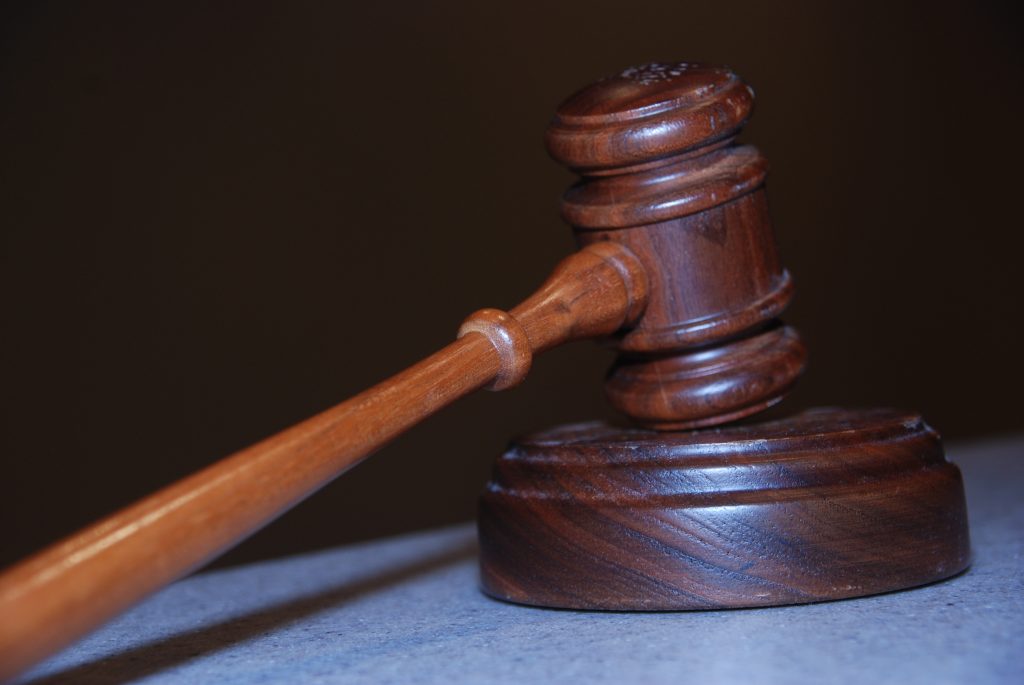 If you believe you have been misrepresented by an attorney, or that your legal counsel in any way acted wrongfully or neglected your legal needs, you may have a cause of action for legal malpractice. However, the time limit for when you may bring such an action to court is relatively short, and very strictly enforced, so it is important to retain new counsel as soon as the legal malpractice occurs or as soon as you first learn about it, so that you do not miss your window of opportunity to bring a malpractice claim. The following case demonstrates the problems that can arise when you wait too long to bring a legal malpractice claim before the court.
If you believe you have been misrepresented by an attorney, or that your legal counsel in any way acted wrongfully or neglected your legal needs, you may have a cause of action for legal malpractice. However, the time limit for when you may bring such an action to court is relatively short, and very strictly enforced, so it is important to retain new counsel as soon as the legal malpractice occurs or as soon as you first learn about it, so that you do not miss your window of opportunity to bring a malpractice claim. The following case demonstrates the problems that can arise when you wait too long to bring a legal malpractice claim before the court.